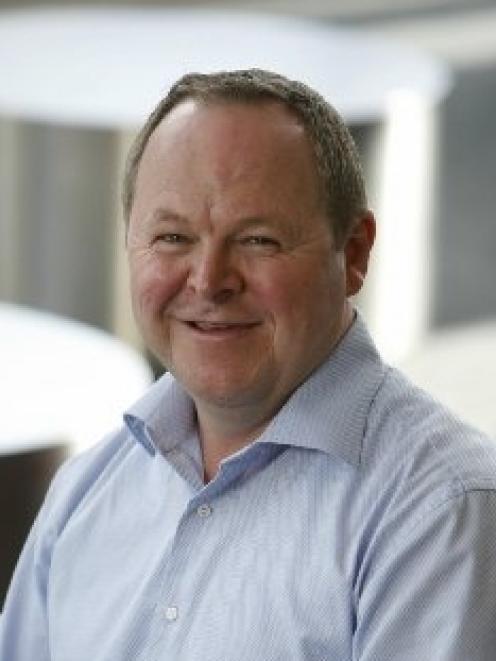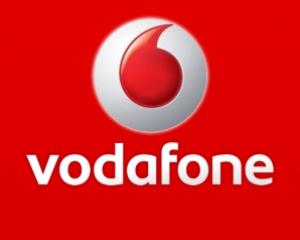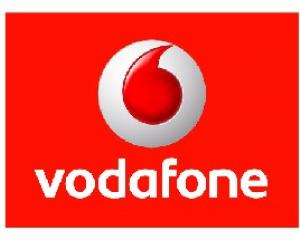
The Vodafone Foundation is a concept that was developed in this country by Vodafone New Zealand and has now become so popular within the telecommunications group that it has been adopted globally.
New Zealand group human resources manager Michael Stanley is chairman of the foundation, a charitable organisation that is funded half from Vodafone NZ and half from the global Vodafone Group.
Chairing the foundation was not part of his job as HR manager, Mr Stanley hastened to add, in response to a question.
He accepted the job because of a passionate believe that Vodafone could help in areas traditionally ignored by other charities because they were not as warm and fluffy as saving animals.
He started his career as a social worker in Australia and realised then that if young people had good support at an early age, then they made good decisions and went on to lead a fulfilling life.
Catching the young people early meant they were less likely to fall into a life of crime and abuse.
As a social worker, he dealt mainly with children and family work, including abused children and dysfunctional families.
Under his leadership, the foundation had made a conscious effort to focus on helping young people achieve their goals, particularly those coming from a lower socio-economic background.
"The big picture is, we focus on youth with an aim of creating a better wellbeing for those aged between 12 and 24."
Some of the young people had tragic backgrounds.
The foundation did not do any direct investing, but funded the expenses of those who could support the charities, Mr Stanley said.
This year, Vodafone would spend $2 million on its World of Difference programme and the associated ripple programme.
The ripple programme funded 25 placements for three months each in a charity which could benefit from short-term help.
About $500,000 would be spent on that programme, with the remaining $1.5 million going to paying the salaries and expenses of six full-time positions for one year.
Vodafone funded a full-time position for Volunteer Otago in 2009 and in Sustainable Dunedin City this year, he said.
The World of Difference programme was now adopted globally by Vodafone, although it was interpreted differently, to allow for different cultures.
Mr Stanley also chaired the foundation in Fiji, where 33% of the population lived below the poverty line.
The programme had to be adapted to suit conditions in Fiji, rather than those in New Zealand.
Vodafone had also developed its employee programme, which was a "hands-up" fund.
The company would fund a staff member for two weeks, on full pay and benefits, to help a community organisation.
Recently, a staff member had used his technology skills to help a Taranaki community health group get a better website.
Between 15 and 20 staff members took part in that programme each year.
Continuing sponsorship of the Vodafone Warriors meant players getting involved in support of charitable activities in South Auckland.
The players always made themselves available to local youth groups, Mr Stanley said.
Sponsoring the music awards let the company tap into the youth market and Op Shop members made themselves available free of charge, or at much reduced rates, to support charitable work.





